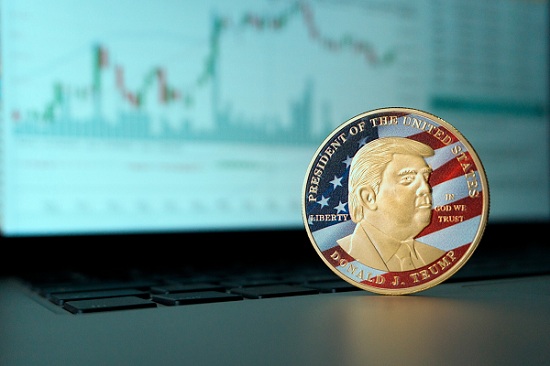Polymarket, the popular blockchain-based prediction market known for letting users bet on everything from elections to entertainment, is making a comeback in the United States.
After a three-year absence triggered by regulatory issues, the company announced over the weekend that it has acquired QCX, a small but fully licensed derivatives exchange and clearinghouse for $112 million.
The deal gives Polymarket a long-sought foothold with the Commodity Futures Trading Commission (CFTC), clearing the path for it to legally reopen its platform to US users under existing financial regulations.
Why Polymarket halted US operations?
Polymarket pulled out of the US in early 2022 after regulators came knocking.
The CFTC launched an investigation into the platform, arguing it had failed to register as a legal operator of derivatives markets.
The outcome wasn’t great for Polymarket: a $1.4 million fine and an agreement to stop serving American users, at least for the time being.
While that could have spelled the end for a smaller company, Polymarket managed to stay afloat.
The platform kept running outside the US, and international users kept the markets active.
In reality, some US-based traders never left; many simply used VPNs to get around the geo-blocking.
Polymarket didn’t officially condone it, but the activity never fully disappeared.
What’s changed?
Polymarket’s return wasn’t just a business move as it hinged on a long-awaited green light from US regulators.
After years of scrutiny, both the Justice Department and the CFTC wrapped up their investigations into the platform just days before the company’s July 2025 announcement.
The timing wasn’t a coincidence.
The breakthrough came on July 9, when QCX, the small derivatives exchange Polymarket acquired, received formal approval from the CFTC.
That license is now the foundation for Polymarket’s legal re-entry into the US market.
Instead of trying to build something from scratch, Polymarket is plugging into QCX’s regulatory infrastructure to launch a compliant version of its service for American users.
“This is about bringing Polymarket back home,” said CEO Shayne Coplan, calling the deal a chance to relaunch the platform with the kind of regulatory clarity that was missing the first time around.
Controversial past
Polymarket lets users place bets on a wide range of real-world topics, everything from US elections and crypto prices to major geopolitical events, sports outcomes, and celebrity news.
It rose to prominence during recent election cycles, with political strategists and media outlets sometimes citing its markets as a real-time barometer of public sentiment.
But the platform hasn’t been without controversy.
During the 2024 presidential election, a handful of high-stakes accounts placed multi-million-dollar bets that dramatically skewed the odds in Donald Trump’s favor.
That raised concerns among analysts, who warned that Polymarket’s anonymous, crypto-based structure made it vulnerable to manipulation.
When a few players can move markets with oversized bets, it undermines the credibility of those odds as a reflection of genuine public expectations.
Critics argue that while the platform offers an interesting window into collective forecasting, its current format lacks the guardrails needed to ensure reliability.
The post Polymarket returns to the US: what you need to know appeared first on Invezz
